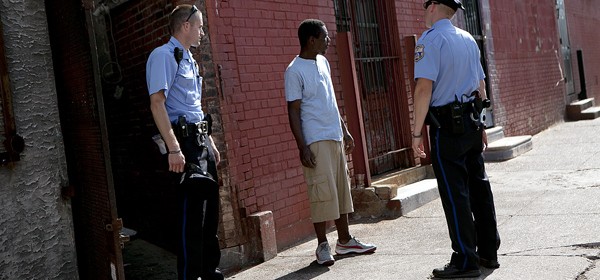How “stop-and-frisk” backfires

Young people who are randomly stopped for questioning by the police—even if they’ve done nothing wrong—are more likely to engage in criminal behavior later than those who aren’t stopped, a new study has found. University of Missouri researchers say that “stop-and-frisk” programs intended to deter crime may actually create more criminals. Researchers followed 2,600 students for seven years and recorded who was searched by the police, who wasn’t, and who was arrested. They found that, on average, those who had contact with the police early on committed five more delinquent acts—like skipping class, selling drugs, and assault—than those who hadn’t, regardless of whether or not they’d had a history of behavior problems when they were first detained. Demeaning encounters with police also made students less likely to say they would feel guilty about committing a crime in the future and more likely to make excuses for bad behavior. “The theory is that when you’re publicly labeled as delinquent, you start to take on that role,” study author Stephanie Wiley tells Time.com. Positive interactions with police officers, on the other hand, appear to make young people more likely to obey the law.

 Print
Print